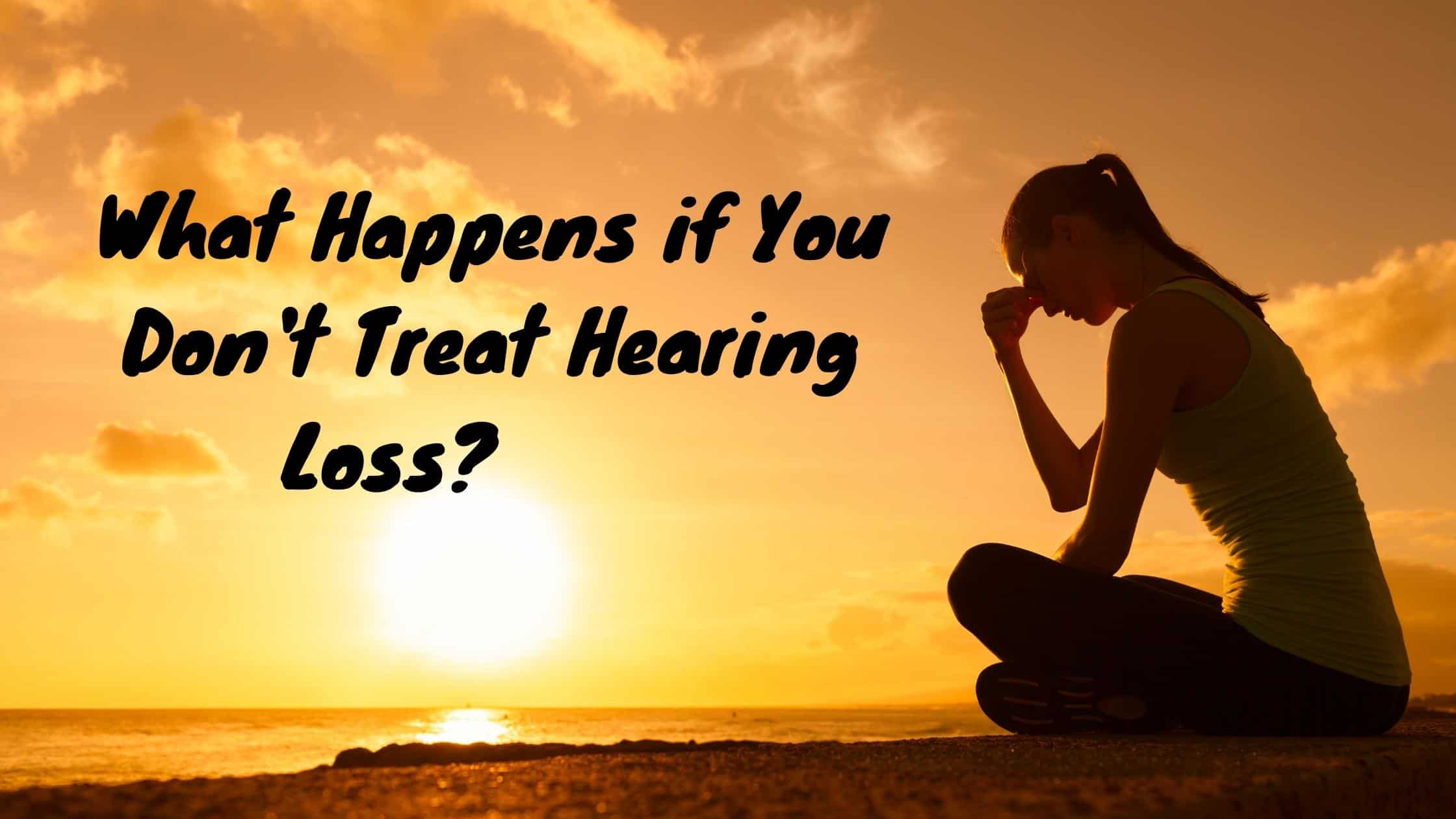Do you feel pressure from your family or friends to do something about your hearing? Does your spouse say they are tired of repeating themselves? Often, families find themselves struggling as a whole when a loved one has untreated hearing loss. This can strain a friendship or family dynamic and those closest to us, such as a romantic relationship.
The American Speech and Hearing Association reports that only 1 out of 4 people who need hearing aids actually wear them! That suggests that 75% of people who need amplification put undue stress on their friends, family, and loved ones forcing those relationships to become strained.
Beattie Group recently published a study that gave some staggering reports on relationships and hearing loss. It was reported that 1,500 people, ages 55 and older, were surveyed, reporting that 44% indicate that their relationships have suffered due to their hearing loss. Additionally, 34% have fallen out of touch with friends and family directly due to the communication breakdown.
What can be done to repair these communication channels and repair these relationships?
Hearing loss and speech recognition
In general, individuals with “normal hearing” do not tend to enter into many situations where they cannot communicate naturally, regardless of the environment. We all know quiet environments such as libraries or a local bookshop are simply the ideal communication forum; it is absolutely ideal for conversation.
In contrast, a local restaurant bar on a Friday night is not an ideal communication situation. However, individuals with “normal hearing” aren’t dissuaded from attending this type of situation because they’re worried about whether they’ll be able to carry on a conversation. They may be deterred by personal preferences in location, menu, etc., but not specifically from worrying about whether they’re going to be able to hear their friends or family well.
This type of withdrawal from social gatherings is difficult for individuals with hearing loss. It alienates them and causes friendships to be lost or strained unnecessarily. It is essential for loved ones to feel heard and connected when in relationships. These types of emotions are what build and strengthen connections between us all. If we are unable to create these bonds through communication, we can feel isolated or even depressed.
The effect of hearing loss on personal relationships
The UK non-profit Action on Hearing Loss recently conducted a study called “In it Together: The impact of hearing loss on personal relationships.” Overall, the goal was to interview 23 participants and get their real-world views and perspectives on their partner’s hearing loss.
Participants in this study indicated the positive side of their relationship in a supportive and mutually respected capacity regarding hearing loss. However, they also indicated that even the most supportive and respectful partner still can’t empathize directly with those affected by the loss. They can’t understand the amount of physical stress that hearing loss causes, along with the mental and emotional strain of constantly being attentive to everything everyone is saying when in a group setting. This study also reported on how hearing loss has specifically changed the nature of their relationship with their significant other.
What to do if you have hearing loss
Once hearing loss is diagnosed, a series of emotions occur individually and even between partners. Overall, healthy relationships and hearing loss may not go hand in hand. Still, it’s absolutely something that can be managed easily. Typically, the first step is recognizing there’s an issue.
It’s not easy to admit that you have hearing loss. But considering how common and natural hearing loss is, there is a positive side to addressing the issue. Treating your hearing loss will reconnect you to your loved ones.
Once a diagnosis is made, it is essential to address the loss immediately to prevent any relationships you may have. At our practice, we work with you to find the best course of treatment for your needs. Treating hearing loss has improved the quality of life of those affected and the friends, family, and loved ones closest to them.
So has communication with your family suffered? What do you do if you feel you are missing out on conversations with loved ones? The next step is to call us and start moving in the direction of better hearing health for not only you but the sake of your loved ones as well. We look forward to hearing from you!

